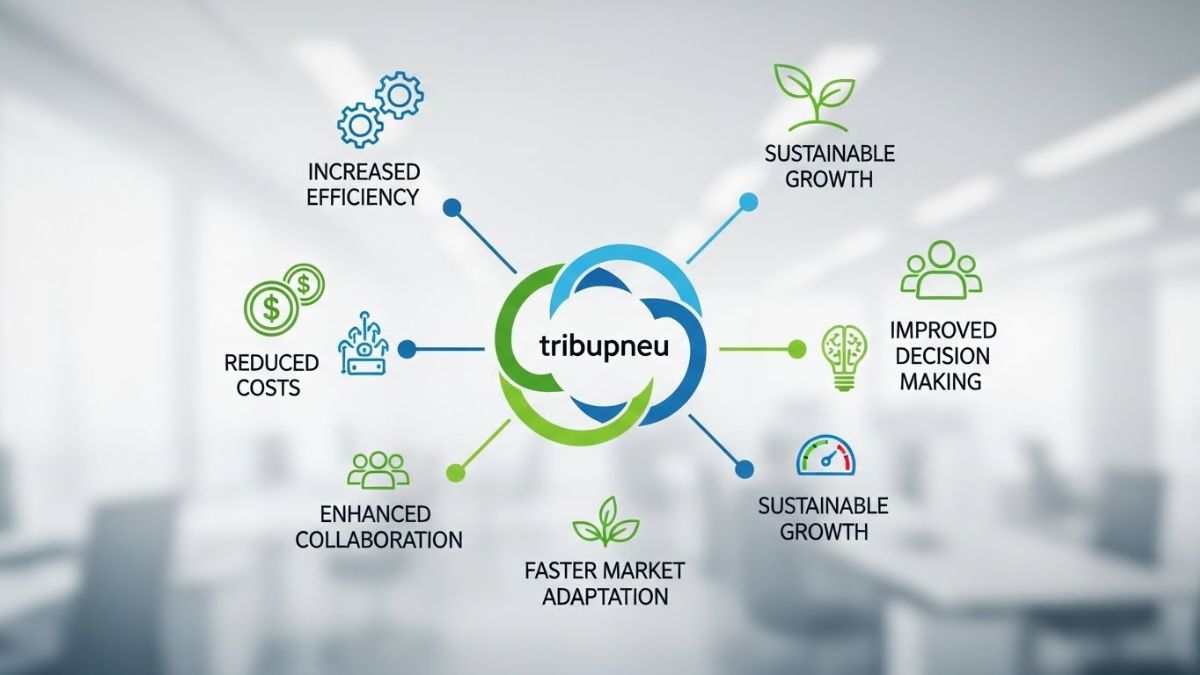Attorneys often face substantial tax burdens when receiving large contingency fees from settlements or verdicts. But did you know there’s a way to mitigate this through strategic financial planning? Enter attorney fee deferral—a valuable tool that allows legal professionals to manage their income and lower their tax liabilities.
This blog will explain what attorney fee deferral is, how it works, and why it’s a game-changer for many attorneys. Whether you’re a seasoned lawyer or fresh into your practice, understanding this strategy could help your financial health in the long term.
What Is Attorney Fee Deferral?
Attorney fee deferral is a financial planning strategy where lawyers postpone the receipt—and taxation—of contingency fees from cases. Instead of taking the payout immediately, compensations are deferred to a future date, enabling attorneys to distribute income over several years.
This approach not only provides better control over when income is recognized but also opens up potential tax-saving opportunities by reducing the likelihood of being taxed at the highest rates.
How Does Attorney Fee Deferral Work?
Fee deferral typically involves structuring an agreement between the attorney and the client outlining the terms of deferred compensation. Once an agreement is finalized:
- The attorney works with a trusted third-party fee deferral administrator or a financial institution to set up a plan.
- The deferred funds are placed into an investment portfolio or a structured settlement, allowing the money to grow tax-deferred.
- Payments are then distributed based on the schedule chosen by the attorney, ensuring they have steady income streams over time.
It’s important to note that attorneys cannot access the funds until the agreed deferral period begins, which aligns with IRS regulations.
Why Attorneys Should Consider Fee Deferral
For attorneys working on a contingency fee basis, income is often inconsistent and unpredictable, ranging from modest earnings in some years to substantial windfalls in others. Fee deferral offers several benefits to help manage this uncertainty:
- Tax Efficiency
One of the primary benefits of fee deferral is its ability to reduce tax burdens. Large one-time payouts can push attorneys into the highest tax brackets. By deferring income, payments can be spread out over multiple years, potentially keeping taxable income within lower brackets and minimizing overall tax liability.
- Invest and Grow Income
Deferred funds are often invested in a portfolio or structured settlement, allowing for tax-deferred growth. Attorneys can capitalize on compound interest while maintaining control over how the funds are allocated.
- Steady Cash Flow
Fee deferral ensures a consistent income stream—especially beneficial for attorneys planning retirement, large financial goals, or other personal needs. It replaces the feast-or-famine cycles common in the legal profession with predictable, reliable payments.
- Retirement Planning
Just like a 401(k), fee deferral can play a vital role in retirement planning. Attorneys can strategically time distributions to align with retirement years when income—and tax rates—may be lower.
- Avoid Financial Mismanagement
Deferring compensation discourages splurging or financial mismanagement of large lump-sum earnings. Instead of receiving all of the settlement or case earnings at once, attorneys can budget their income over time in a sustainable manner.
Key Considerations Before Opting for Fee Deferral
While attorney fee deferral offers many advantages, it’s not a one-size-fits-all solution. Here are a few considerations to keep in mind:
- Irrevocable Agreement
Once a deferral is agreed upon, the decision is usually irrevocable. You won’t have the option to access the funds immediately if financial needs change unexpectedly.
- Compliance with IRS Guidelines
Fee deferral agreements must comply with IRS regulations. Improperly structured agreements could result in penalties, immediate taxation of deferred funds, or legal complications.
- Market Risk
Funds placed in investments carry inherent market risks. While there’s potential for growth, there’s also a possibility of losing value depending on market performance. It’s important to work with knowledgeable financial advisors to create a diversified investment strategy.
- Costs and Fees
Deferral services often come with administrative costs and fees for management. Attorneys should ensure these costs don’t outweigh the potential financial benefits by researching providers carefully.
- Long-Term Planning
Financial planning should account for other income sources, tax brackets, and goals. Fee deferral is most effective when integrated into a comprehensive wealth management strategy.
Examples of Attorney Fee Deferral in Action
To better understand how deferral works, here are two hypothetical scenarios:
Example 1: Tax Reduction
An attorney earns $1 million in contingency fees from a major case. Without deferral, the attorney would pay taxes on the entire amount at the highest tax bracket, likely 37%. By deferring $750,000 of that income—spread across five years—they could move into lower tax brackets, reducing their effective overall tax rate significantly.
Example 2: Retirement Planning
A lawyer planning to retire in five years defers $500,000 of current earnings. Over the next five years, the deferred funds earn tax-deferred growth through an investment portfolio. Upon retirement, the attorney begins receiving distributions, supplementing their retirement income at a lower tax rate.
How to Get Started with Attorney Fee Deferral
If attorney fee deferral sounds like the right strategy for your financial goals, here are the steps to get started:
- Talk to Financial Experts
Consult with a fee deferral expert, tax advisor, or financial planner who specializes in working with attorneys. They can help assess whether deferral aligns with your financial objectives.
- Work with a Reputable Administrator
Choose a trusted third-party administrator or institution experienced in implementing fee deferral structures. Ensure the provider complies with relevant legal and regulatory requirements.
- Establish Clear Goals
Determine how much you wish to defer and your preferred payment schedule. Align these decisions with your long-term financial plans, such as retirement timelines or future expenses.
- Formalize the Agreement
Finalize the deferral terms through a legal agreement. Review the document carefully to ensure it meets compliance standards and your expectations.
- Monitor and Reassess
Periodically review your deferral plan’s performance and adjust your investment strategy if needed. Partnering with a financial advisor can help you maximize your earnings and minimize risks.
Smart Fee Planning for Your Legal Career
Attorney fee deferral goes beyond just deferring taxes—it’s about building financial security, growing your wealth, and planning for the future. By using this strategy, attorneys can gain better control over their earnings and ease some of the financial unpredictability inherent in the legal profession.
Whether you’re focused on maximizing retirement savings, investing deferred payouts for growth opportunities, or simply smoothing out income fluctuations, fee deferral can be one of the best tools in your financial arsenal.
Take charge of your financial future today by consulting with an experienced tax advisor or fee deferral expert. The sooner you start planning, the more you’ll benefit from the opportunities this strategy provides.















